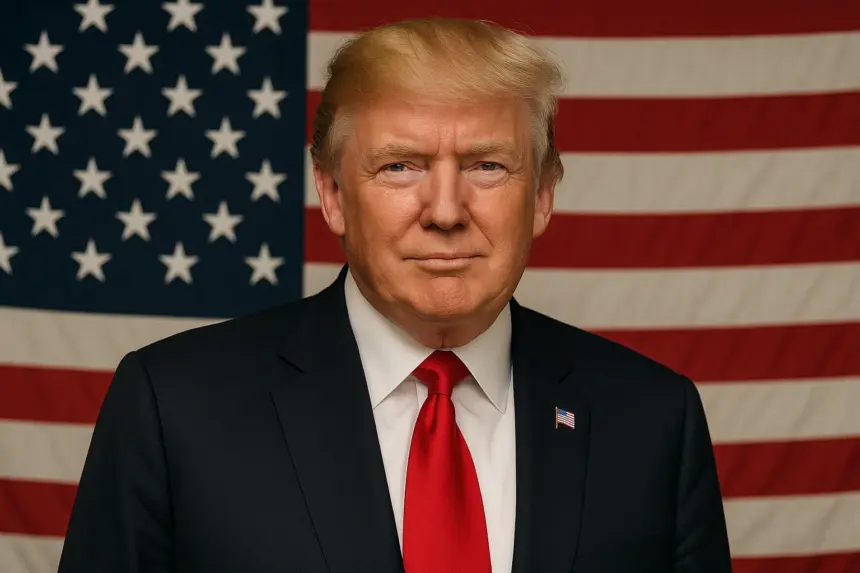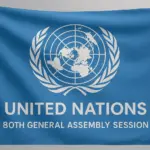Washington D.C., September 21, 2025 — In a dramatic shift in U.S. immigration policy, the Trump administration has raised the annual fee for H-1B work visas to $100,000 per worker per year, sparking outrage from the technology sector, foreign workers, and international trade partners.
Policy Announcement
The announcement was made late Saturday, with officials from the Department of Homeland Security describing the move as a “bold step toward protecting American jobs.” The administration argued that the increase would discourage overreliance on foreign labor and force corporations, particularly in technology and healthcare, to hire U.S. citizens first.
President Donald Trump’s office said the new policy was part of a broader “America First” economic agenda designed to reduce what it described as “abuse of visa programs by big corporations.”
Industry Backlash
The business community responded with immediate alarm. U.S. tech giants — including companies in Silicon Valley — rely heavily on H-1B workers for roles in engineering, software development, and research.
Industry associations warned that the fee hike could:
-
Stifle innovation by depriving companies of skilled international talent.
-
Force startups to move research and development abroad.
-
Encourage outsourcing, as companies unable to afford the fee may relocate jobs to other countries instead of hiring U.S. workers.
Several CEOs issued statements saying the new fee structure would “cripple competitiveness” and lead to massive disruptions in ongoing projects.
Global Reaction
The policy change is already straining international relations. India — the largest source of H-1B workers — has raised the issue ahead of trade talks in Washington scheduled for September 22. Indian officials described the fee as “unreasonable and discriminatory.”
Trade experts predict the fee hike could become a major stumbling block in U.S.–India negotiations, which already face challenges over tariffs and energy imports.
Legal and Political Ramifications
Legal experts say the fee increase is likely to be challenged in U.S. courts. Immigration advocacy groups argue it violates principles of fairness and may be unconstitutional if deemed a barrier to lawful entry.
Meanwhile, critics in Congress have called the move a “war on talent”, with Democrats warning it could push skilled immigrants — who often transition to permanent residency — toward friendlier destinations like Canada, the UK, or Australia.
What Happens Next
The new fee is set to take effect for 2026 visa applications, unless blocked by litigation. Businesses are already bracing for financial and operational disruption, while foreign professionals and students are reconsidering their future in the U.S.
Economists warn the long-term effect could be a “brain drain” from the U.S. — ironically undermining the very innovation and economic growth that the country has long depended on.






